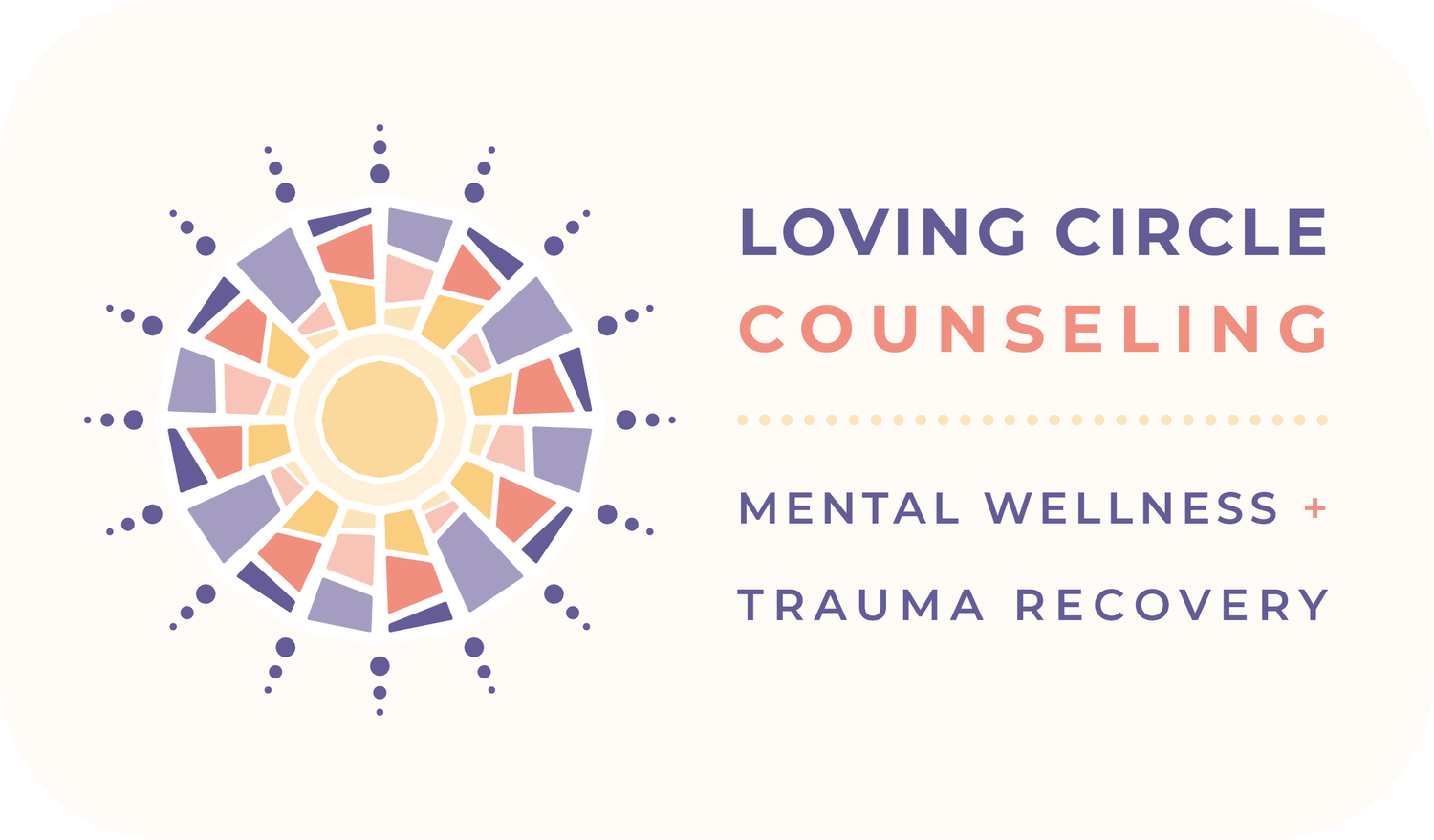The Therapy Breakdown: A Beginner’s Guide To Getting Started
By Janel Wetzel, LMSW CCTP
Trauma Therapist
Frequently, therapists receive questions like, “What exactly happens during therapy sessions?” and “When is the right time to seek therapy?” These are excellent questions, and I’m here to break it down a little! In this article, I’ll be providing insights into what transpires in a session, guiding you on when therapy might be beneficial, and offering tips on finding the right therapist.
What Is Therapy?
Therapy or counseling is a process where licensed professionals such as a therapist or counselor provide a safe, confidential space for individuals to gain a greater understanding of their emotions, thoughts, and behaviors, as well as their past experiences, interpersonal relationships, and sense of self. Collaboratively, the therapist and client will create goals that will be the focus of their journey together. Common therapeutic treatment goals might involve processing past experiences and relationships, overcoming current challenges, learning coping skills, and promoting a greater sense of worth and well-being. Within the goals, the therapeutic team will establish an anticipated timeline which will determine the approximate timeframe.
During each session, the therapist will use a specific intervention tailored to each client. A few therapeutic approaches might be Cognitive Behavioral Therapy (CBT), Dialectical Behavioral Therapy (DBT), Eye Movement Desensitization & Reprocessing (EMDR), or Internal Family Systems (IFS). Each intervention focuses on different presenting issues with specific exercises and tools associated. The therapist will use their clinical experience to determine which intervention would be the best fit for the client.
When Might Therapy Be Beneficial For Someone?
Everyone struggles with obstacles at some point in their life. We all have experiences from our past that we think about periodically, or certain memories that stick with us despite efforts to minimize. Feelings of sadness and bouts of depression have most likely affected everyone at some point in their life.
However, when should someone reach out for professional help? One way to know for sure is by asking yourself if your mental health concerns are starting to negatively impact your ability to function occupationally, relationally, and emotionally. Are you noticing your work responsibilities are not being completed? Perhaps increased irritability and isolation are keeping you from friends? Is your sleep being significantly interrupted because of ruminating thoughts or excessive worry? These might be signs you are ready for a little extra support. Seeking therapy can help you regain control by exploring what’s at the root of the symptoms and then learning some ways to manage and overcome them.
Some other signs one could benefit from therapy:
Ongoing feelings of distress, sadness, anxiety, or stress despite efforts to minimize. No matter how many walks you go on, self-care efforts, or hours spent with bucket-filling people, the distress remains.
Relational conflict is very common for therapeutic support. Conflict with loved ones, friends, coworkers can take up a significant amount of mental space causing worry, stress, and even trigger past trauma wounds.
Any form of grief: death of a loved one, anticipatory grief, collective grief, chronic grief. End of a relationship, major life change, any type of significant transition can cause emotional turmoil.
Low self-esteem, self-worth, and self-love can impact ability to function at one’s highest potential.
Struggling with personal development such as personal growth, self-identity, or exploring career advancement.
Unresolved trauma from the past or present.
How To Find The Right Therapist
Finding the right therapist can be difficult and time-consuming when you are unsure what to even look for! It is important to find a therapist you feel comfortable with in order to have a productive therapy experience. You are entering into a very psychologically and personally intimate relationship, so it is important you connect with a few different therapists and ask questions to feel comfortable moving forward. Reaching out for therapy is extremely brave and vulnerable so you might as well make it worth it!
Here are a few questions that may be helpful in making your selection:
Ask about their experience related to your symptoms or reason for coming to therapy.
Explore what their expertise is and what makes them credible in that area.
Consider what therapeutic interventions they would use based on your presenting issues.
Learn which insurance the therapist accepts and if they accept Out-Of-Network coverage, as well as out-of-pocket fees if your insurance does not match.
Most private practice clinicians will offer a free 15-minute phone consultation where you can ask these questions. Additional common questions I receive during this time are:
Do you give homework between sessions?
What does a typical session look like?
How long have you been a therapist?
If you are seeking therapy to process and explore unresolved trauma, it is highly recommended you ask trauma-related questions, such as:
Are you trauma-informed?
What is your approach in working with complex trauma?
Do you have experience working with clients who have experienced physical/sexual/emotional/etc childhood trauma? (related to your specific type of trauma)
Asking these questions can help you assess if the therapist’s style, approach, and general personality align with your needs and preferences. Ask yourself, “What am I looking to get out of therapy?” and then reflect if the therapist’s answers will help guide you there. Trust your instincts!
The reality is that therapy can look so different for everyone and it’s so important to identify what feels right for you. As we break down the therapeutic process, it becomes clear that therapy isn’t just about “fixing” our current symptoms. It’s about our overall well-being and addressing what’s at the root of the symptom. By recognizing the signs for professional help and understanding the importance of finding the right therapist, we empower ourselves to start our healing journey and become the best versions of ourselves. Remember, the decision to seek therapy is incredibly brave. Lean into what this journey has to offer, trust the process, and embrace the opportunities for growth that lie ahead.



